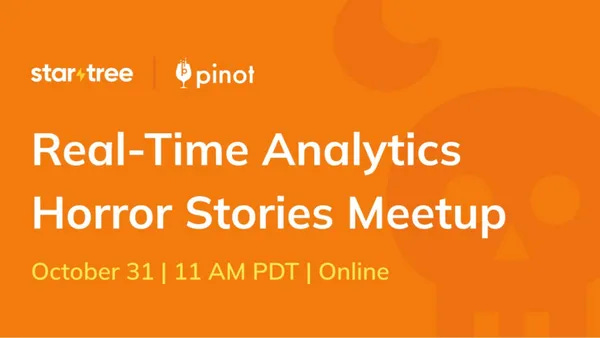In this podcast interview, I discuss federated systems with Peter Corliss, the Director of Product Marketing for StarTree.
Peter will be presenting at a meetup next Tuesday:
Peter explains the emergence of federated systems from the evolution of web development and the need to define the backend workings of front-end websites. They also explore the definitions of terms like stack, platform, and cluster in today's environment. The conversation highlights the shift from traditional stacks to clusters of systems and discusses the distinction between federated systems and federated data. They also delve into the challenges and limitations of federated systems and databases, emphasizing the trade-offs between moving the data or the processing. They touch on the concept of federated learning in AI and ML and the importance of optimizing data for queries. They conclude by discussing the need for new language and grammar to describe these complex architectures and the importance of collaboration between data sciences and data engineering teams.
In the second part of the podcast, the conversation focuses on the interoperability and limitations of cloud computing systems, specifically AWS, Google Cloud, and Azure. The guest notes that while efforts have been made to make these systems interoperable, users still have to choose between different ecosystems offered by providers. They then shift to the importance of replication in data systems and the concept of a data divide. They emphasize the need to choose the best database or system for each specific aspect of an application architecture. They also discuss the potential for a stack to span across cloud regions and continents, allowing for global consistency and the ability to query data from different locations. Finally, they discuss Apache Pino, describing it as a complex system that can act as a cluster of clusters. They highlight its ability to assimilate more components and scale out, as well as its powerful tools for organizing and storing data. They conclude by discussing the expectation of clusters of clusters in modern systems.











